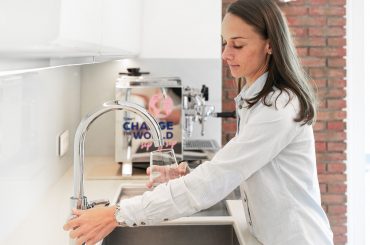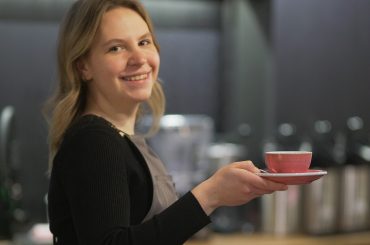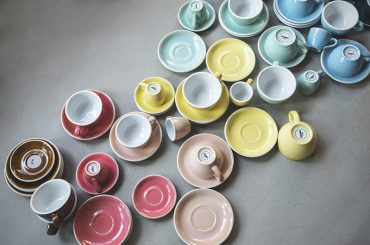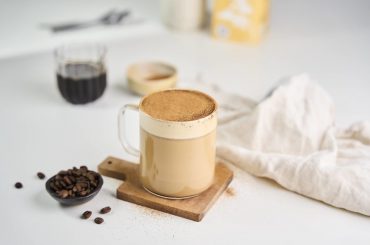Investing in customer education may turn out to be the best investment in your business, especially in the case of specialty cafés. Although it may be obvious for some people, real-life cases prove that it pays off to consistently spread knowledge about coffee of supreme quality.
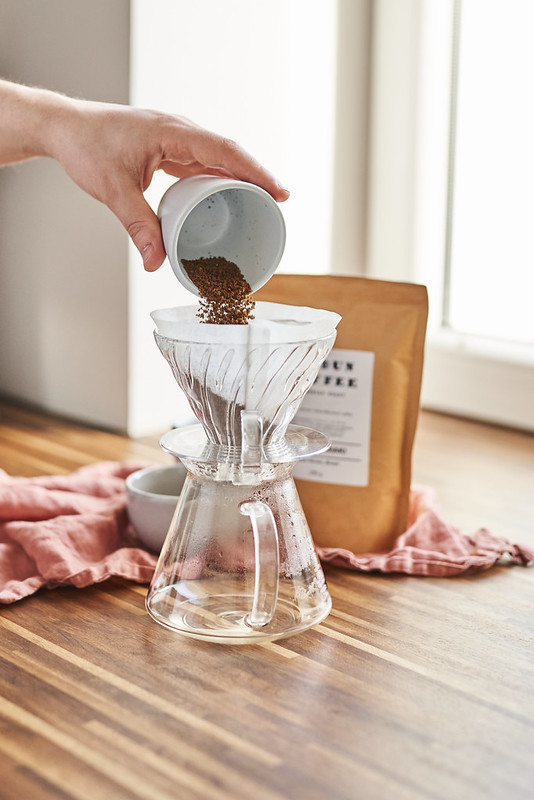
We must realize that focusing only on the guests who know exactly what they want and have impeccable knowledge about the coffee regions, profiles, processing and brewing equipment won’t take us far. Specialty coffee may be hard on many customer when they drink it for the first time, but we should take it as an opportunity to become the trailblazers offering a helping hand, showing the way and bringing them soft landing. If we convince our guest to give it a shot and change their coffee routine, we might gain a loyal customer for years to come. How to do that?
Daily Customer Service at the Café
Marketing specialists say that coffee is a low-engagement product, purchased with minimal attention as part of a routine behaviour. An average consumer doesn’t analyse why they choose a particular brand or why coffee tastes the way it does – they simply buy it.
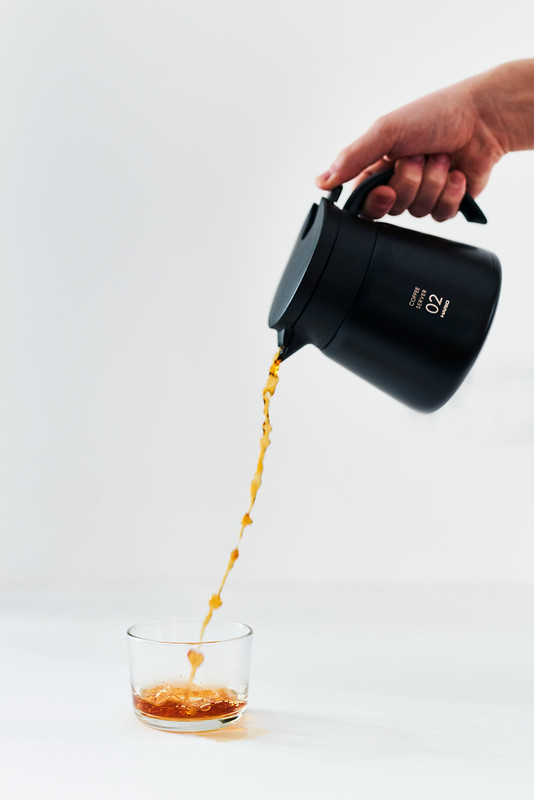
An information source with the biggest influence on consumer decisions is definitely a barista. Another opportunity to educate your guests is definitely a display shelf – we’ve written about its benefits in the article: Why is it Worth Selling Retail Coffee in a Café? An Easy Way to Improve Your Coffee Shop Profits. Baristas usually have good people skills, which are more than just smiling at customers while they’re placing their order. When a competent, passionate person talks about a product that is available to try out on the spot, chances are that the customer will get educated as if by chance. Of course, not everyone may be interested so you need to follow your instinct and find the right way of telling the story. If you see that the guest is taking part in an important meting or is engaged in a conversation, you shouldn’t flood them with titbits on specialty coffee. It’s usually easy to spot people who are hungry for knowledge, but if you’re not sure of it, wait for the signal. At the cash desk, a simple information about available beans, explanation about what specialty coffee is or how it is prepared in the café, should be enough. In our coffee shops we always offer the batch-brew filter to try out, we have a few types of beans for various alternative brewing methods and recently we’ve even taken up the coffee pairing, described in detail in the article: Coffee and Donuts Pairing: The Perfect Match. The key is to show that you’re prepared and ready to share information, and the questions will pop up on their own – people often come to a café to experiment with different types of coffee. Once they know that they can ask your advice, coffee (both the one served at the coffee bar and the retail coffee on sale on the shelf) becomes a tailor-made service, not just an ordinary product.
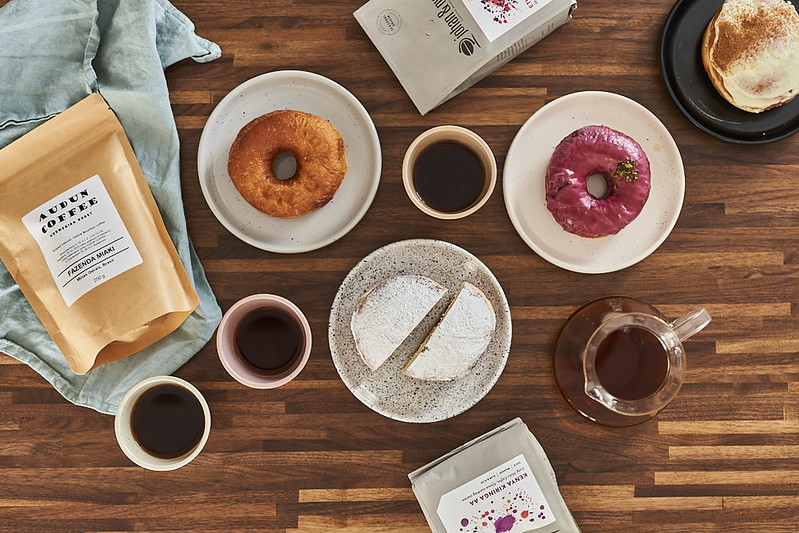
Is Specialty Coffee Sour? It Certainly Doesn’t Have to Be!
Specialty coffee has long been perceived as sour. Acidity plays a very important role in how the coffee tastes, it adds extra layers of flavour and complexity to the brew. Acidity in coffee can be often mistaken with sourness resulting from mistakes, such as: too lightly roasted, too fresh or under extracted coffee beans. Acidity is the effect of acids present in coffee, and the philosophy behind specialty coffee requires such a treatment of coffee which will bring out its natural potential. The appropriate balance between the desired acidity and sweetness may result in the tastiest and best rated coffees in the world. Customers who are not ready yet to open up to clear acidity may be offered coffee cultivated in a region characterized with less acidic coffee beans. During the roasting process Maillard reaction leads to caramelisation of sugars in coffee, which produces sweet flavour notes of chocolate or caramel. In some coffees these notes are more perceptible.
Regardless of the reason for coffee acidity, the biggest problem is that it simply doesn’t resonate with an average consumer. If we don’t offer necessary explanation or are not careful about selecting the beans or the brew for the customer, we can inadvertently discourage people who are curious and open to widening horizons on the one hand, but on the other – they cannot understand paying more for coffee that tastes worse than their regular coffee. Higher quality of coffee brewed by highly skilled baristas goes to waste if the end product simply doesn’t meet expectations.
Coffee acidity is one of many possible teachable subjects for curious customers. However, if a short visit to a café is not enough, what other options do we have?
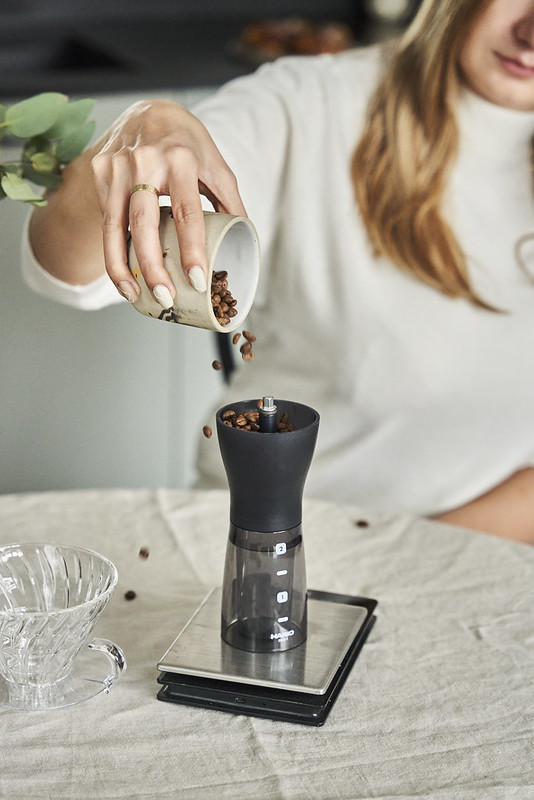
Events aka Something Special
We’ve recently seen the rise of various classes, web seminars, workshops and events related to coffee. Obviously, they generate commercial profits. Other than being another potential source of income, it’s also a different form of establishing relations with customers who, as their skills are improving, may come back to you for another portion of knowledge, a piece of advice, some help with choosing the beans etc.
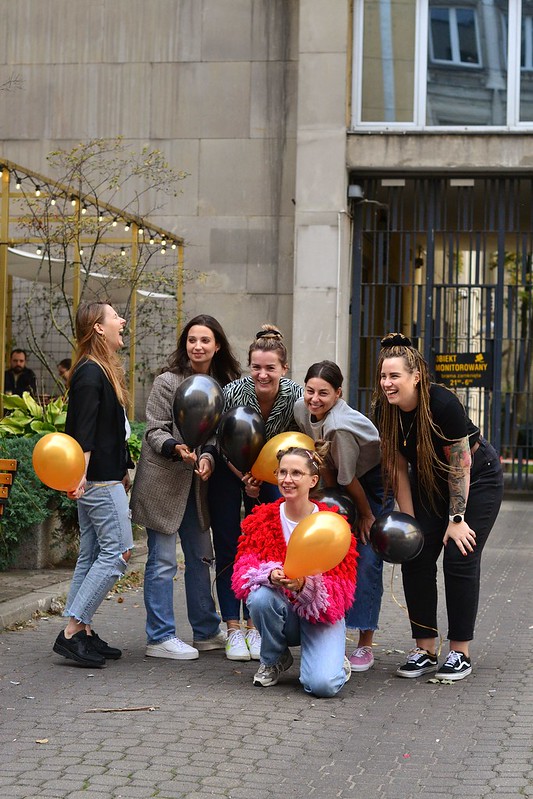
Cupping – a Rapid Course
A special form of an event popular in the specialty coffee segment is cupping, which is a way of coffee tasting used by professionals to evaluate the quality of beans. For a coffee enthusiast in the making it may be an opportunity to learn about the offer of a specific roastery, to compare the characteristics of various regions and processing methods in order to find their favourite coffee, and also to try out different flavours without having to drink the whole cup of the ordered brew. Most of all, coffee tasting under the wings of someone experienced, helps understand this seemingly complicated matter and ask questions. And for you, it’s another way to build relationship with the customer.
If you open up to educating customers of your café, you can get a chance to tear down the walls of indifference and gain loyal customers who will come back to you more aware of the quality of your product and more willing to spend their money on it. Sharing a common passion pays off.


